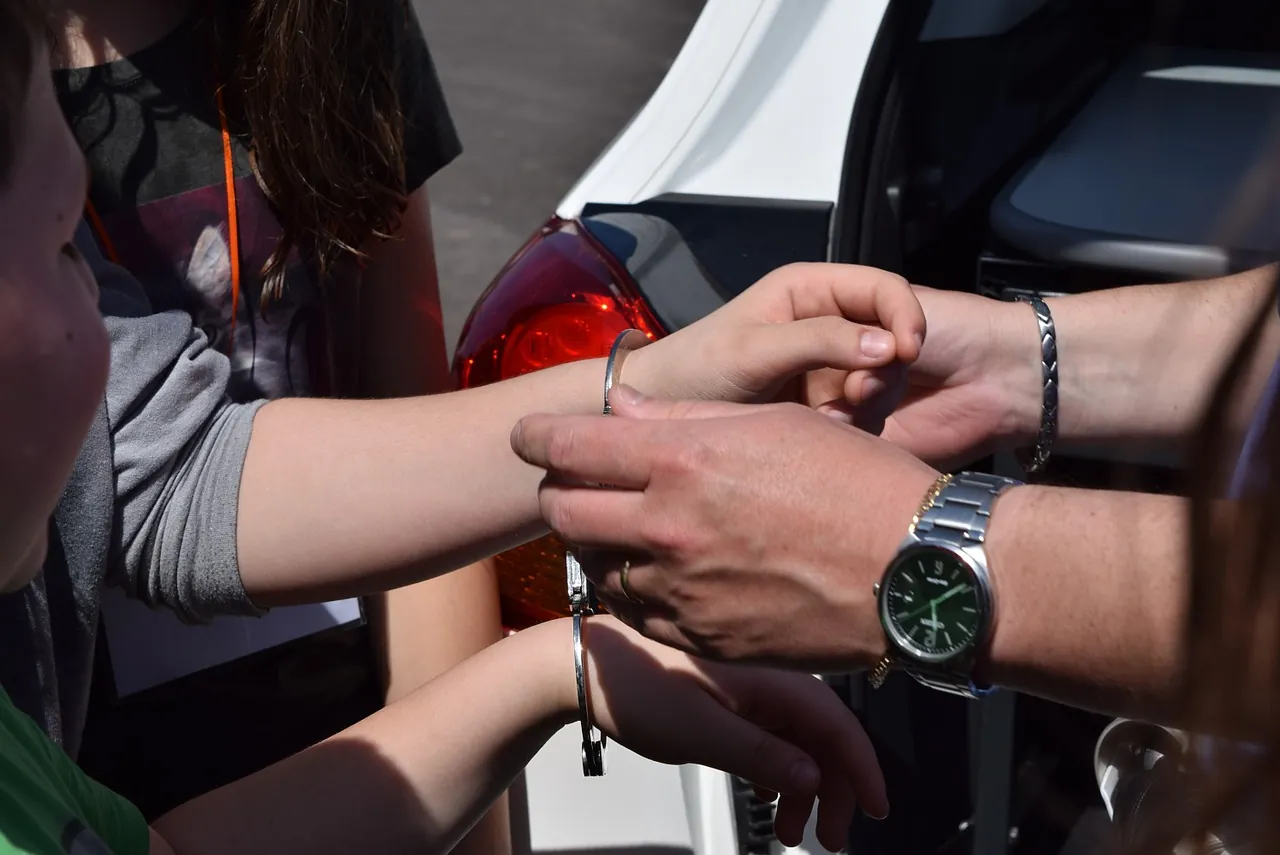 Getting arrested and charged with driving under the influence, DUI, is certainly not a pleasant experience for anyone. While the threat of being sentenced to probation, or even jail time, is what worries most people when facing a DUI charge, there is another consequence of being arrested for DUI that may be of equal concern – losing your driving privileges. In fact, you may even be more concerned about losing your license because Nebraska’s Administrative License Revocation (ALR) law allows for the immediate confiscation of your driver’s license and subsequent revocation of your driving privileges just for being arrested for DUI. If you find yourself facing a revocation of your driving privileges, for any reason, a Nebraska driving after revocation lawyer may be able to help.
Getting arrested and charged with driving under the influence, DUI, is certainly not a pleasant experience for anyone. While the threat of being sentenced to probation, or even jail time, is what worries most people when facing a DUI charge, there is another consequence of being arrested for DUI that may be of equal concern – losing your driving privileges. In fact, you may even be more concerned about losing your license because Nebraska’s Administrative License Revocation (ALR) law allows for the immediate confiscation of your driver’s license and subsequent revocation of your driving privileges just for being arrested for DUI. If you find yourself facing a revocation of your driving privileges, for any reason, a Nebraska driving after revocation lawyer may be able to help.
How Does Nebraska’s ALR Work?
The State of Nebraska is one of many states that have enacted an administrative license revocation/suspension law. The difference between an administrative revocation law and a judicial revocation is that an administrative law allows for the immediate revocation of your driving privileges without the need for a determination of guilt. A judicial revocation, on the other hand, is part of a judicially imposed sentence following a determination of guilt.
Specifically, Nebraska’s ALR law allows the Nebraska Department of Motor Vehicles to immediately revoke your driving privileges when you are arrested for driving under the influence (DUI) in the State of Nebraska. Upon your arrest, a law enforcement officer has the legal authority to confiscate your driver’s license. If you qualify, you will be given a temporary license that allows you to drive for the next 15 days. During that 15-day time period you must appeal the revocation, if you plan to do so, by requesting an ALR hearing. If you do not appeal the revocation, it will remain in place for the designated time period. The amount of time your license is revoked depends on whether or not you submitted to a chemical test when requested to do so. If you refused the chemical test (breath, blood, or urine test) your license will be revoked for one year. If you took the test, but failed, your license will be revoked for 180 days if this is your first revocation. If you have a pervious chemical test failure within the past 15 years, your license will remain revoked for one year.
How Can a Driving after Revocation Lawyer Help?
If you are like most people, the ability to operate a motor vehicle is not just a fun “bonus” in your life. Instead, it is likely a necessity. You probably drive to work or school every day and use your vehicle to take yourself, children, or even parents to the doctor, extra-curricular activities, and shopping for necessities. In other words, the inability to drive for even six months could have a devastating financial impact on you and your family separate and apart from the impact any sentence from the underlying case may have. Moreover, what if you never intended to refuse the breath test? What is you tried to comply but couldn’t? What if you weren’t really driving drunk? The good news is that an experienced Nebraska revocation lawyer may be able to help.
You have the right to contest the revocation; however, you must do so within ten days of being notified of the revocation. In addition, if you contest the revocation you lose your eligibility for an ignition interlock permit (IIP). With that in mind, it is crucial that you consult with an experienced attorney before deciding to contest the revocation. Your attorney can review your unique facts and circumstances and advise you with regard to your chances at a hearing. Even if your circumstances do not look favorable for contesting the revocation, your attorney may be able to help you get approved for an IIP that will allow you to continue to drive as long as you have an approved ignition interlock device (IID) installed in your vehicle. An IID is essentially like a mini breath test that is installed in your vehicle and attached to the ignition. You must provide a breath sample before the vehicle will start. If the device detects alcohol, the vehicle will not start. Either way, having a driving after revocation lawyer on your side can help.
Contact Us
If you have had your license revoked because of a DUI in Nebraska, contact the Petersen Law Office 24 hours a day at 402-513-2180 to discuss your case with an experienced Omaha DUI attorney.


